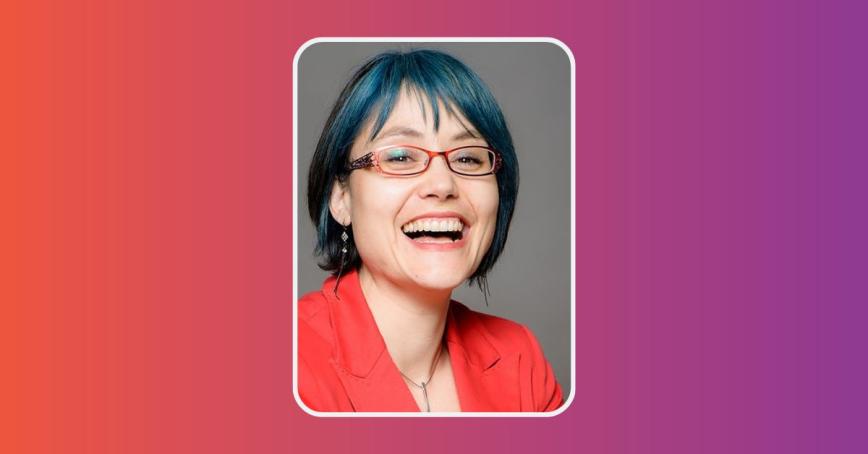The health belief model explains why COVID has been worse this summer
Topics
Featured
Share online

Learn more about the Master of Arts in Interdisciplinary Studies
News of a surge in COVID cases over the summer – including during the Olympics in Paris – may have you wondering why is there an uptick now?
In a recent article for The Conversation, Jaigris Hodson, associate professor of interdisciplinary studies and Canada Research Chair, Digital Communication for the Public Interest, examines this question and highlights how the health belief model can help us understand the rise in cases.
Here’s some of what she wrote:
“Throughout August, outlets in both Canada and the United States ran headlines about high COVID levels, the summer surge of cases, timing of booster shots and reviving the use of face masks.
The list of COVID news stories could go on and on, but what many experts seem to agree on is that this surge is a pretty big deal. In fact, Ashish Jha, dean of the Brown University School of Public Health predicts this wave might be the biggest summer surge since the virus started, according to an article in CNN.
My research team at Royal Roads University studied how to share evidence-based health information during the COVID-19 pandemic, collecting interview, survey and experimental data between 2020 and 2023. We developed a framework that employed the health belief model for understanding why people may choose to act on health promoting behaviours — like adopting masks and vaccines during a pandemic.
Looking at the news about this latest surge, I think the health belief model can help people understand why our biggest summer surge has specifically occurred after the pandemic stage of the virus has been declared long over."
Read the full opinion piece in The Conversation.
Learn more about the Master of Arts in Interdisciplinary Studies